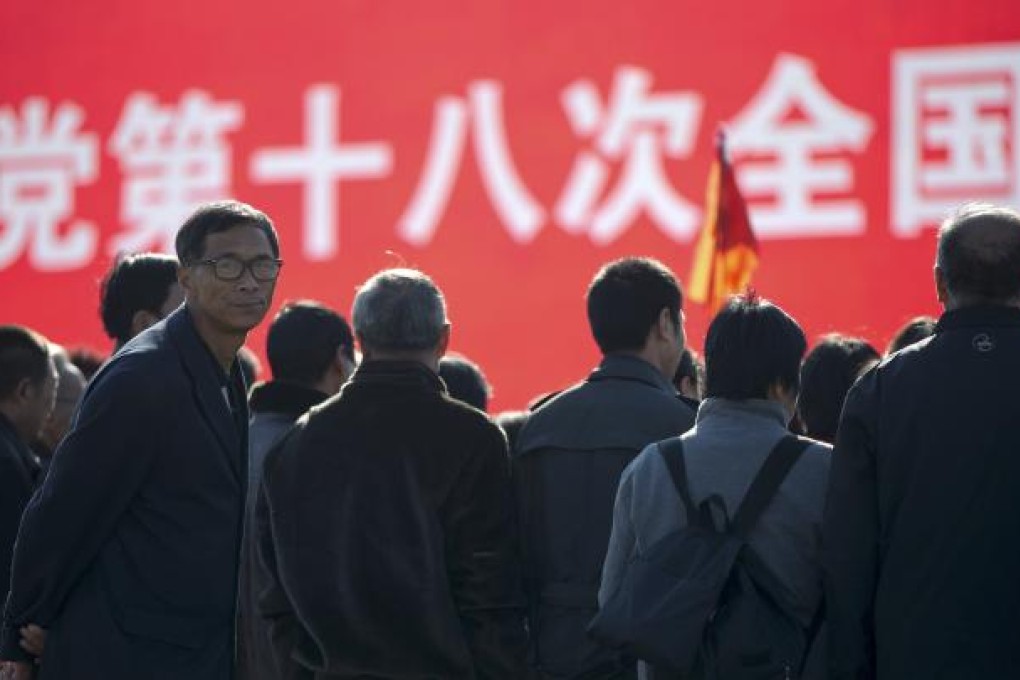Opinion | Generational change on hold
Expected Standing Committee line-up suggests a more meaningful transition of power will most likely take place at the 19th congress in 2017

In the opaque world of Chinese politics there is nothing more secretive and intriguing than the changes scheduled to be announced next week in the top leadership.
The 18th Communist Party Congress, which begins on Thursday, will elect leaders to steer the world's second-largest economy for the next 10 years.
Both the overseas and mainland media have billed the event as a once-in-a-decade generational transition, with power being handed over to the next generation.
Seven of the nine Politburo Standing Committee members will retire because of their age and term limits.
Of the remaining two, Vice-President Xi Jinping, 59, is set to take over as party chief at the congress and the state presidency in March from Hu Jintao, 70. Li Keqiang, 57, is expected to succeed Premier Wen Jiabao, also 70.
But the line-up of the other likely members of the new Standing Committee hardly suggests a generational change of power.
